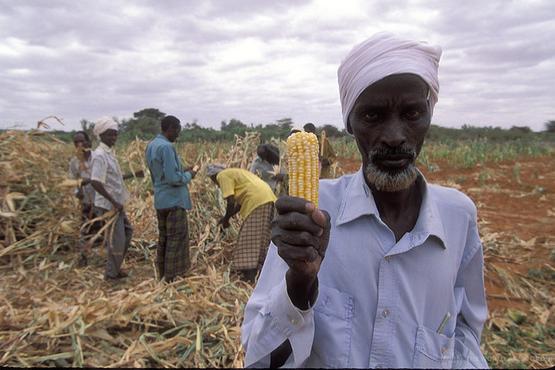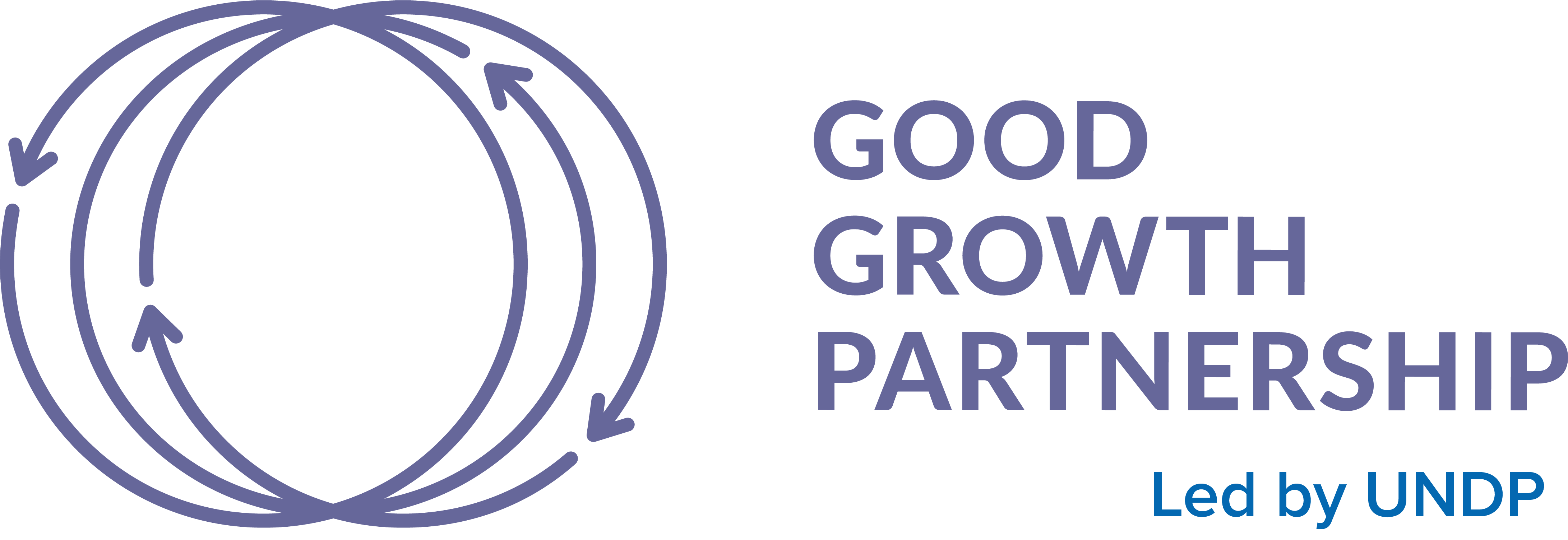Project Overview
Kenya is among the leading producers in Africa and in the world in coffee, which has dramatically reduced since peak production in 1987. Kenya’s agricultural sector contributes a large share of its gross domestic product and employs more than 40 percent of its total population, a significance emphasized in the President’s Big Four priority agenda for 2017-2022. It has also been encoded in the government’s Agricultural Sector Transformation and Growth Strategy, which addresses the challenges that constrain agricultural productivity, natural resource management, and the effects of land degradation, climate change, and ever-increasing demands for food and water in a country whose population is rapidly growing. Recognizing the need for sustainable action, the government of Kenya developed a set of strategies and action plans to ensure economic growth will go hand in hand with sustainable management and protection of natural ecosystems to ensure ecosystem services, including the Green Economy Strategy and Implementation Plan 2016-2030, the Integrated National Export Development and Promotion Strategy, the Kenya Climate-Smart Agriculture Strategy, and the National Land Use Policy. Moreover, in response to land-use changes that resulted in massive forest cover loss, in 2019 the Ministry of Environment and Forestry launched a National Strategy for achieving and maintaining over 10 percent tree cover by 2022.
Commodities:
Coffee, maize
Area Covered:
60,000 hectares
Executing Partner and GEF Implementing Agency:
Food and Agriculture Organization of the United Nations

Project Features
Kenya is tapping into opportunities to address the drivers and barriers to development of a sustainable and inclusive coffee value chain and a sustainable maize production system, contributing to global environmental benefits with a particular focus on sustainable coffee value chain and maize production systems.
This project will engage the private sector by mobilizing investments, exploring the potential of partnerships with impact investors focused on a sustainable and certified value chains, and food security initiatives through companies in conjunction with other actors.
The project will also strengthen knowledge sharing between the private sector and other stakeholders.
Through strong partnerships with the private sector at local, national and international levels, innovative technologies will be scaled up and knowledge and lessons learned shared with other landscapes in Kenya and beyond.

Gathering corn, Kenya. By © Curt Carnemark/World Bank







